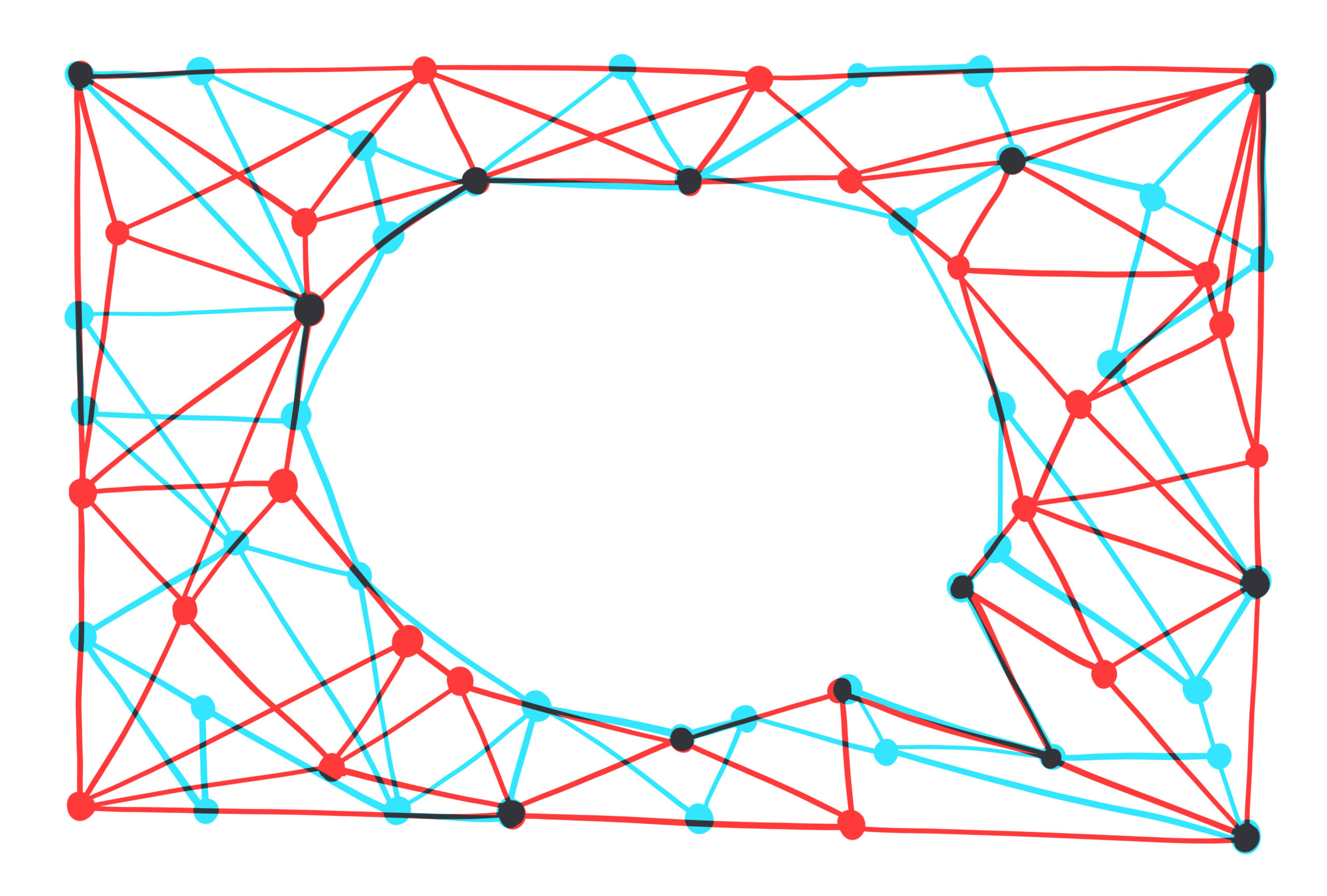Hello, and welcome to the Community Newsletter! I’m your host, Chelsey B. Coombs, Spectrum’s engagement editor.
We’re beginning this week with a paper on autistic researcher strengths by Aimee Grant, senior research officer in public health at Swansea University, and Helen Kara, honorary senior research fellow in social sciences at the University of Manchester, both in the United Kingdom.
New paper alert!@DrHelenKara and I – both #AutisticsInAcademia – wrote about our experiences of being #Autistic & how it impacts how we do #qualitative #research
There are suggestions for how to support Autistic colleagues within your research team toohttps://t.co/S75Uw5B2XZ pic.twitter.com/fdnUn8A5qA
— Dr Aimee Grant ♿ (she/they) (@DrAimeeGrant) November 8, 2021
Really proud of this #OA article in @AcadSocSciences @cssjournal1 and thanks to @DrAimeeGrant for being an excellent collaborator! Ping @milton_damian @nshaughnessy1 @beccajiggens #ActuallyAutistic #OpenAccess https://t.co/efMiSjIMA7
— Helen Kara (@DrHelenKara) November 8, 2021
Grant and Kara, both late-diagnosed autistic researchers, consider how the strengths they found in a literature review and in their own professional experiences can be applied more generally to all autistic researchers.
“Despite over 50 years of Disability research activism, Disabled people are still predominantly viewed as subjects of research, not as researchers,” they wrote.
Grant and Kara highlight an approach called the Autistic Advantage, which asserts that autistic researchers can hyperfocus, pay great attention to detail and think creatively in ways non-autistic people do not. They also describe how employers can help autistic researchers flourish at work.
Bill Davies, professor of acoustics and perception at the University of Salford in the U.K., tweeted, “I think this might be useful as my university tries to become more inclusive.”
Great paper; much to relate to in here. I think this might be useful as my university tries to become more inclusive.
— Bill Davies (@BillJDavies) November 8, 2021
Alice Nicholls, a clinical psychologist in the U.K. who specializes in autism, tweeted that the paper is “another excellent example of how much #ActuallyAutistic people have to offer to their professions.”
Another excellent example of how much #ActuallyAutistic people have to offer to their professions. This paper covers how being autistic can be an advantage as well as a challenge and how adaptations can help us to flourish ????????#AutisticsInAcademia https://t.co/miSjVzmlNe
— Alice Nicholls (@DrAliceNicholls) November 9, 2021
The Disparity Reduction and Equity in Autism Services Lab at the University of Southern California, led by Amber Angell, assistant professor of occupational science and occupational therapy, tweeted, “We have so much more to offer beyond stereotypes and stigma!”
The #neurodiversity model is so critically important for bringing awareness to how #Autistic traits are not inherent deficits, but often distinct strengths. #Hyperfocus is why I’m a Ph.D. student. We have so much more to offer beyond stereotypes and stigma! https://t.co/5tvF9z2jdh
— DREAmS Lab (@DREAmSLabUSC) November 10, 2021
Our next study looked at what it would take to transform the medical model of autism science into a neurodiversity model.
“The mismatch between what is currently being researched, what community members want from research and who gets to make these decisions may well be contributing to the growing distrust of mainstream autism science by the broader community,” wrote Liz Pellicano, professor of educational studies at Macquarie University in Sydney, Australia, and Jac den Houting, a research associate in education at the university, echoing a recurring sentiment.
Pellicano and den Houting wrote that although the predominant medical model has “been a key tool in shaping autism science,” its deficits-based view has “placed too many limits on our knowledge of autism and how that knowledge is derived.” Taking neurodiversity seriously, they wrote, means changing how the next generation of autism researchers is educated.
Tony Charman, professor of clinical child psychology at King’s College London in the U.K., tweeted that the study is an “essential primer.”
Agree with @mds49 – An essential primer on #autism #neurodiversity #research from a great duo @liz_pellicano and @JacdenHouting https://t.co/G0HfGwNnlz
— Tony Charman (@TonyASDorAFC) November 5, 2021
Alice Laciny, a postdoctoral fellow at the Konrad Lorenz Institute for Evolution and Cognition Research in Klosterneuburg, Austria, tweeted her excitement about the paper as well.
Never added anything to my #neurodiversity literature list so fast! ???? https://t.co/MvLGvMpH6S
— Alice ~pls fill out my survey~ Laciny (@AliceLaciny) November 7, 2021
Register for the 29 November Spectrum webinar, featuring Ari Ne’eman, a doctoral student in health policy at Harvard University and president and co-founder of the Autistic Self Advocacy Network. Ne’eman will speak about ways to assess clinical progress in autistic people that don’t also promote that they ‘pass’ as non-autistic.
You can now watch our 28 October webinar featuring Zachary J. Williams, a medical and doctoral student at Vanderbilt University in Nashville, Tennessee, who spoke about measuring alexithymia in autistic people.
That’s it for this week’s Community Newsletter! If you have any suggestions for interesting social posts you saw in the autism research sphere, feel free to send an email to me at [email protected]. See you next week!





